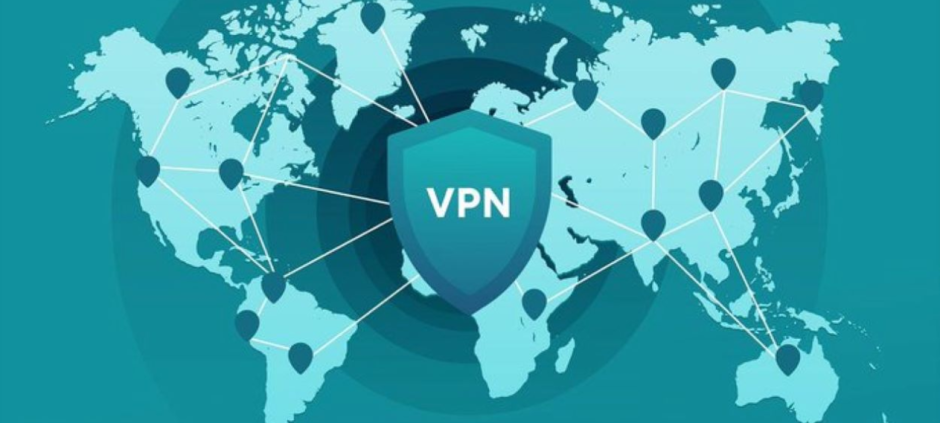A recent report by the Pakistan Telecommunication Authority (PTA) reveals that the surge in Virtual Private Networks (VPNs) usage during internet disruptions is a key factor in the slowing of internet speeds across Pakistan. The PTA’s findings indicate that the increased reliance on VPNs is putting additional strain on the country’s internet infrastructure, causing inefficiencies and heightened operational costs.
VPN traffic bypasses local content delivery networks (CDNs), which typically account for around 70% of internet delivery in Pakistan. By redirecting traffic to international servers, VPN usage not only drains bandwidth but also leads to economic losses, with each megabyte of data costing about $1. This issue has worsened over the past few months, as the country’s VPN bandwidth usage peaked in August at 634 Gbps, with other months like September and October following similar trends.
Also Read: PTA Initiates Nationwide VPN Blocking
Alongside this, digital analysts point to government efforts to monitor platforms and restrict specific content—such as images or videos of rallies shared via WhatsApp—as another factor contributing to slower speeds and connectivity disruptions. The government claims that the system upgrade for “web management” will improve cybersecurity.
In addition to these disruptions, Pakistan’s internet speed rankings continue to plummet. According to a recent OKLA Internet Speed Test report, the country ranks 100th out of 111 for mobile internet speed and 141st out of 158 for broadband. These issues are affecting multiple sectors, including businesses, education, and healthcare, underlining the urgent need for improvements to the country’s internet infrastructure.











